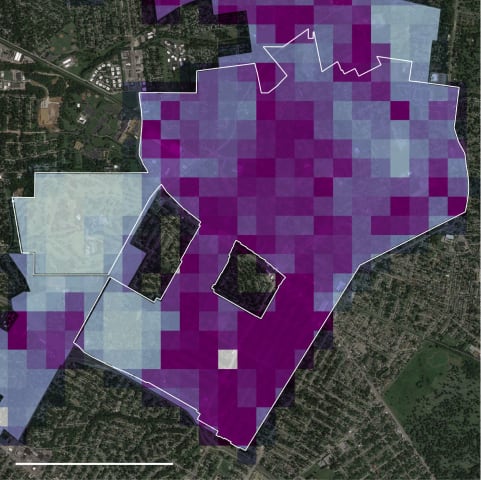Descripción: Buenos Aires's facial recognition system mistakenly flagged innocent people as criminals, leading to wrongful stops and detentions. Judicial investigations indicate the technology may have been misused for unauthorized surveillance and data collection. Despite privacy risks, the system has been used widely without full disclosure of standards or safeguards,
Editor Notes: Reconstruction of the timeline of events: (1) 2019: Buenos Aires implements a facial recognition system aimed at enhancing public safety, capturing thousands of individuals. (2) After implementation in 2019: At least 140 individuals, including Guillermo Ibarrola, are erroneously flagged as criminals due to database errors, leading to police checks and detentions. (3) 2020: The facial recognition feature is deactivated as a precaution during the COVID-19 pandemic and remains off by judicial order. (4) December 2023: Journalists confirm that their biometric data was accessed, which in turn prompted further scrutiny by them. (5) February 5, 2024: The Pulitzer Center publishes a report on the issues surrounding Buenos Aires's facial recognition system.
Entidades
Ver todas las entidadesAlleged: Government of Argentina developed an AI system deployed by Government of Argentina , Government of Buenos Aires y Argentinean Ministry of Security, which harmed Argentinean citizens , Buenos Aires residents y Guillermo Ibarrola.
Estadísticas de incidentes
Risk Subdomain
A further 23 subdomains create an accessible and understandable classification of hazards and harms associated with AI
2.1. Compromise of privacy by obtaining, leaking or correctly inferring sensitive information
Risk Domain
The Domain Taxonomy of AI Risks classifies risks into seven AI risk domains: (1) Discrimination & toxicity, (2) Privacy & security, (3) Misinformation, (4) Malicious actors & misuse, (5) Human-computer interaction, (6) Socioeconomic & environmental harms, and (7) AI system safety, failures & limitations.
- Privacy & Security
Entity
Which, if any, entity is presented as the main cause of the risk
AI
Timing
The stage in the AI lifecycle at which the risk is presented as occurring
Post-deployment
Intent
Whether the risk is presented as occurring as an expected or unexpected outcome from pursuing a goal
Unintentional
Informes del Incidente
Cronología de Informes

El setenta y cinco por ciento de la zona de la capital argentina está bajo videovigilancia, algo que el gobierno anuncia orgullosamente en vallas publicitarias. Pero el sistema de reconocimiento facial, parte de la extensa infraestructura d…
Variantes
Una "Variante" es un incidente que comparte los mismos factores causales, produce daños similares e involucra los mismos sistemas inteligentes que un incidente de IA conocido. En lugar de indexar las variantes como incidentes completamente separados, enumeramos las variaciones de los incidentes bajo el primer incidente similar enviado a la base de datos. A diferencia de otros tipos de envío a la base de datos de incidentes, no se requiere que las variantes tengan informes como evidencia externa a la base de datos de incidentes. Obtenga más información del trabajo de investigación.
Incidentes Similares
Did our AI mess up? Flag the unrelated incidents

Machine Bias - ProPublica
· 15 informes

Policing the Future
· 17 informes

Tempe police release report, audio, photo
· 25 informes
Incidentes Similares
Did our AI mess up? Flag the unrelated incidents

Machine Bias - ProPublica
· 15 informes

Policing the Future
· 17 informes

Tempe police release report, audio, photo
· 25 informes
